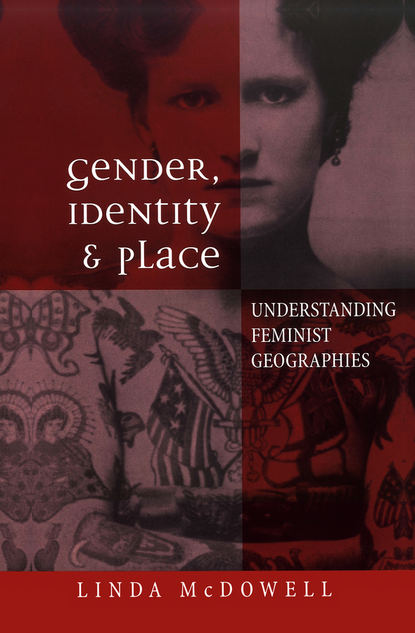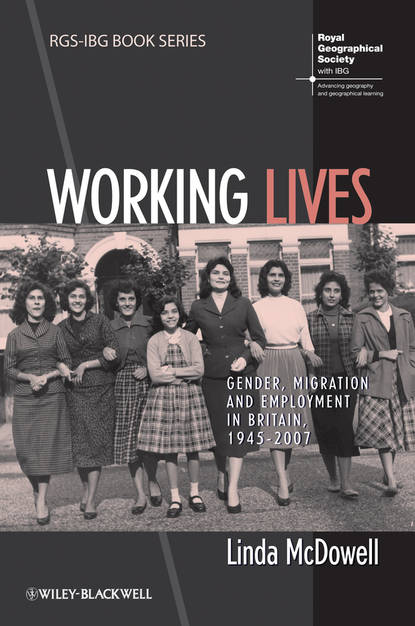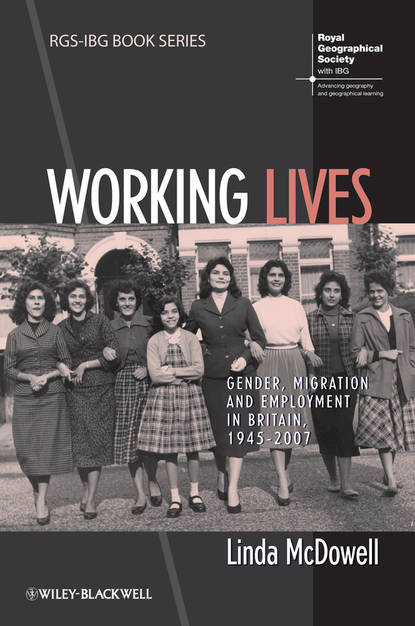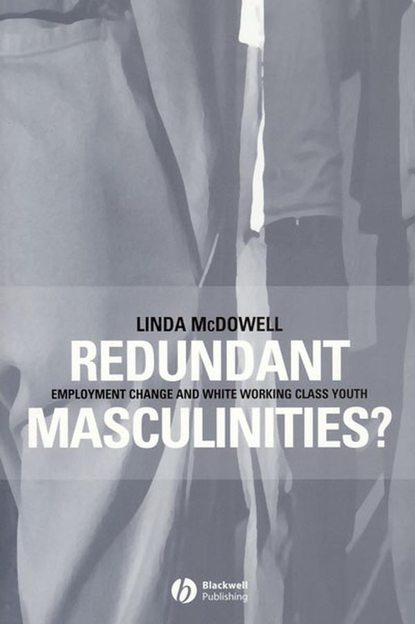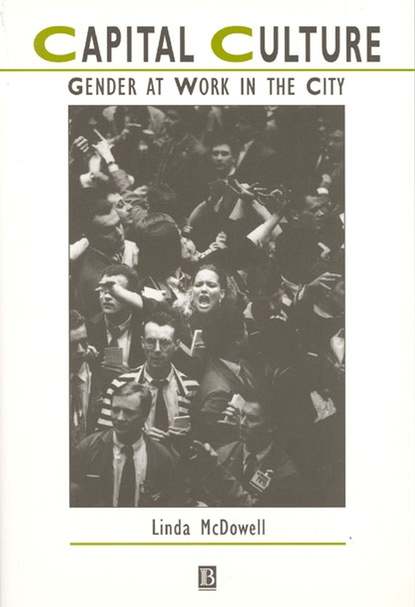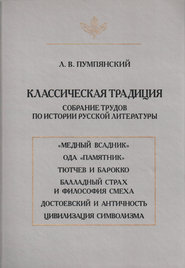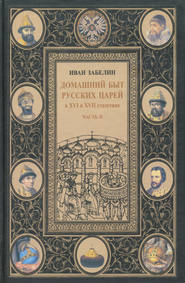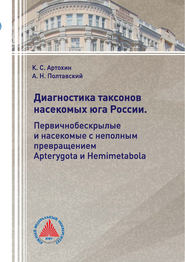Gender, Identity and Place. Understanding Feminist Geographies
Полная версия
Feminist approaches within the social sciences have expanded enormously since the 1960s. In addition, in recent years, geographic perspectives have become increasingly significant as feminist recognition of the differences between women, their diverse experiences in different parts of the world and the importance of location in the social construction of knowledge has placed varied geographies at the centre of contemporary feminist and postmodern debates. Gender, Identity and Place is an accessible and clearly written introduction to the wide field of issues that have been addressed by geographers and feminist scholars. It combines the careful definition and discussion of key concepts and theoretical approaches with a wealth of empirical detail from a wide-ranging selection of case studies and other empirical research. It is organized on the basis of spatial scale, examining the relationships between gender and place from the body to the nation, although the links between different spatial scales are also emphasized. The conceptual division and spatial separation between the public and private spheres and their association with men and women respectively has been a crucial part of the social construction of gendered differences and its establishment, maintenance and reshaping from industrial urbanization to the end of the millennium is a central linking theme in the eight substantive chapters. The book concludes with an assessment of the possibilities of doing feminist research. It will be essential reading for students in geography, feminist theory, women's studies, anthropology and sociology.
- О книге
- Читать

